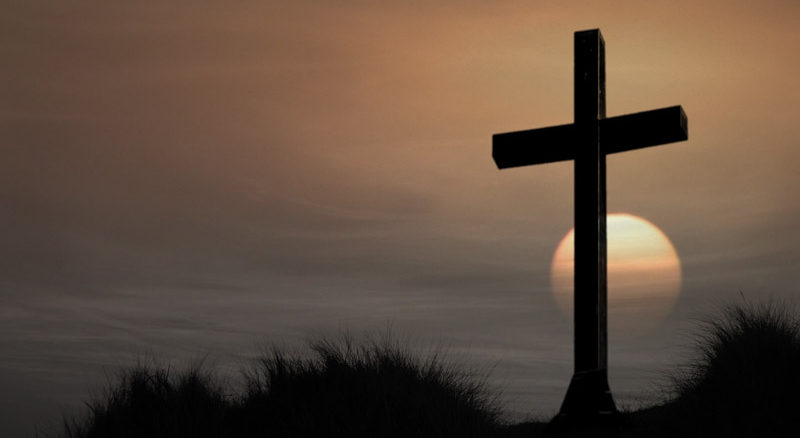
[dropcap]The[/dropcap] forty days of Lent have begun, marking yet another religious date on the calendar that is readily accepted as something that happens every year without fail, because it always has in our homes in Catholic Ireland. But to young people, religious occasions do not seem to hold much religious or spiritual significance and appear to be novelty more than anything else.
Some 50 per cent of students do not take part in Lent and the 20 per cent who try usually give up mid-way, according to a survey conducted for The College View that was mainly aimed at students.
Exactly 100 per cent of these students celebrate Christmas and 70 per cent celebrate Easter Sunday and St. Patrick’s Day, but over 50 per cent would not consider themselves a religious person, according to the survey.
Today’s society increasingly shows how people are distancing themselves from the religious roots and teachings that were instilled in them; by going against the churches stances on same-sex marriage and petitioning for a repeal of the Eighth Amendment, but although many people do not believe in the ways of the church, we still celebrate its occasions shamelessly.
Roughly 40 per cent of students think religion correlates to morals to a certain extent, while 40 per cent think it doesn’t at all and 20 per cent think it definitely does.
Around 10 per cent of students said that they would consider themselves ‘religious’ in times of hardship and a further 10 per cent when a family member or friend was sick.
“Some people can find comfort and solace by turning to God and their faith when times are difficult”, Chaplain on DCU campus, Father Seamus McEntee said.
“Even during the Celtic Tiger period here in Ireland when many people seemed well off, there were still those who found it hard to get by”, he said.
Father Seamus described how “many people find meaning in their hardships” through religion and how it is a “meaning that the world cannot give them”, which may explain why people still hold onto attachments with religion even though we might not agree at all with what the Catholic church teaches.
Approximately 30 people attend mass service regularly in the InterFaith centre in DCU, said Father Seamus and other students come for advice, others for quiet prayers, and some for events organised by societies in the college.
Up to 500 students attended the mass for Ash Wednesday in the DCU InterFaith Centre throughout the day and about 1’200 students and staff and members from the community across the 3 amalgamated campuses.
It is undeniable that the church has lost its untouchable status that it had up until the child sex abuse scandal was publicised, but it still has some power, for example many people christen their children so that they can be accepted into primary schools.
Should the church be allowed to harbour the power to indoctrinate children after all the advancements and demonstrations the public, particularly students, have made against what the church stands for?
On one hand we are criticising its teachings and on the other we are celebrating its traditions; but it seems we celebrate religious occasions for the novelty rather than the religion, and perhaps this is making light of grave situations, and still allowing the church to have control over aspects of society and peoples’ personal and family lives; because religious traditions make up a lot of Irish society.



